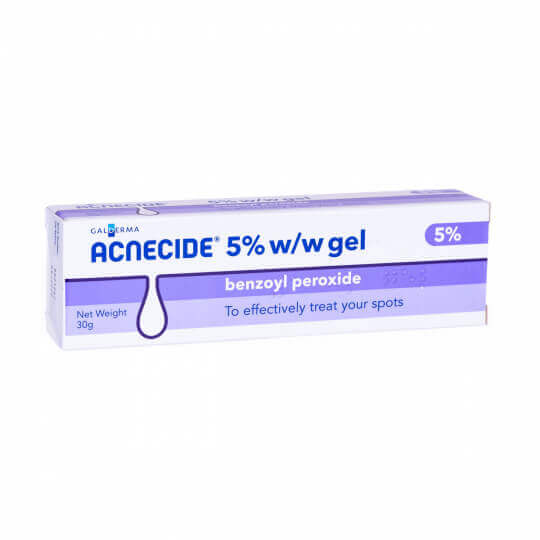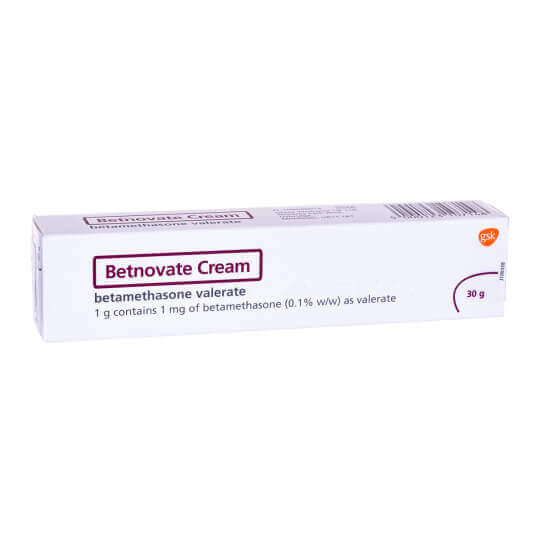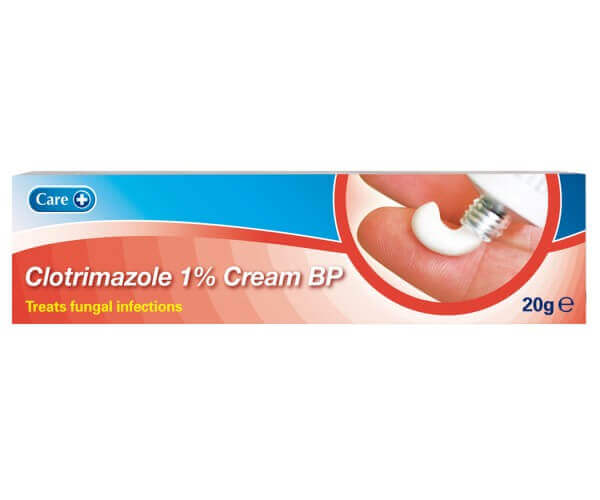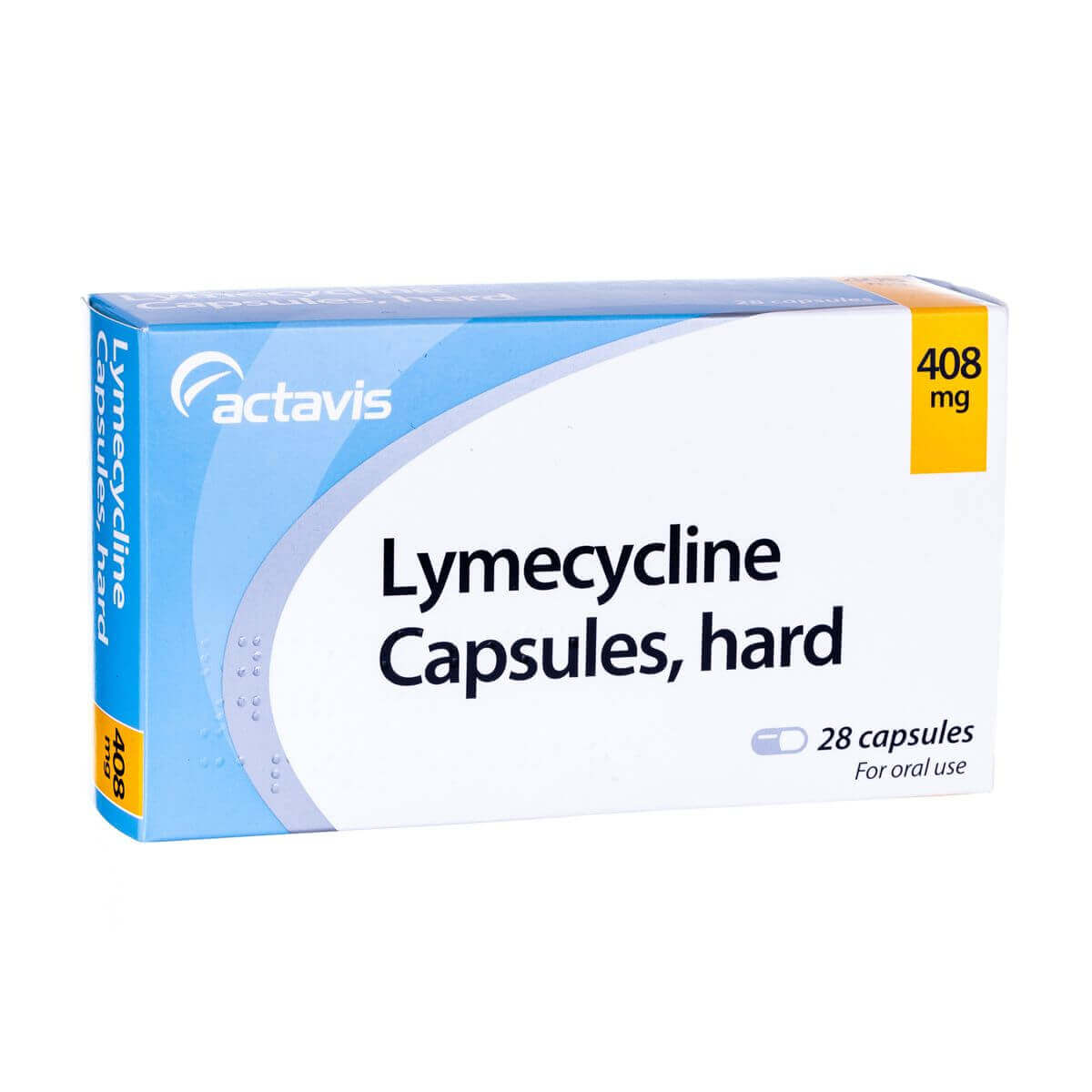Filter by price
Frequently Asked Questions
There are many different treatments that are suitable for skin conditions at Revolve Medicare we have a wide range of products that you can use as a practitioner to help support patients.
Topical acne treatments can vary based on how they act on the acne, some work by killing the bacteria to contribute to acne formation, some reduce the inflammation of the skin, and some unclog the pores by removing dead skin cells, some also reduce sebum production. The type of treatment depends on the acne type and severity.
For a patient with sensitive skin it’s best to use products with lower concentrations of active ingredients to minimise irritation. Some formulas are specifically designed for sensitive skin, which are often free from potential irritants like fragrances and alcohol. Starting with a lower frequency can help the skin to adapt without causing dryness and irritation.
Acne treatments can be used with other skincare products, but it’s still best to choose complementary products carefully to avoid over-drying or skin irritation. Non-comedogenic
The common side effects of acne treatments include sensitivity to sunlight, peeling, redness, and dryness. Side effects can be often managed by adjusting the treatment frequency, using non-comedogenic moisturisers to combat dryness, and applying broad-spectrum suncream to protect the skin from the sun. If there are severe reactions then switching to a different treatment or adjusting the concentration is recommended.
The timeframe can depend on the treatment and severity of the skin condition. Generally patients see a change within 4 to 6 weeks, but it can take several months to see changes in the skin. It is important for a practitioner to set realistic expectations and to emphasise the importance of consistent use of the treatment.
Adolescent patients are more likely to have sensitive skin and to be prone to side effects. Therefore, it’s essential for a practitioner to choose the right treatment based on skin type. Practitioners also need to educate patients of the proper application techniques, any side effects, and the importance of keeping to the treatment regime.
The role of diet in acne is subject to research, it’s suggested that high glycemic index foods and diary can increase acne for some individuals. A balanced diet is generally recommended during acne treatment. A healthy lifestyle can help to support overall skin health. Practitioners can recommend patients to see a nutritionist if they want to explore dietary changes to support treatment.
Regular follow-ups after treatment are really important to help monitor progress, access the response and to make any adjustments to the treatment. Practitioners may need to swap treatment, alter concentrations or may need to incorporate additional treatments based on progress and feedback from the patient.








